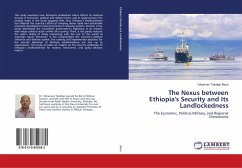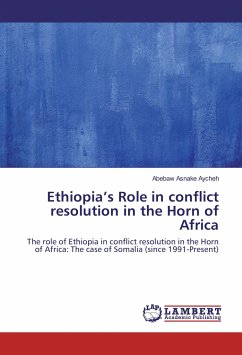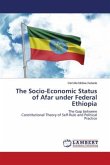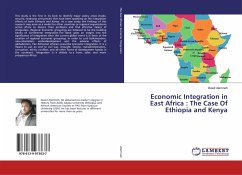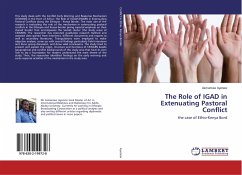This study examines how Ethiopia's landlocked status affects its national security in Economic, political and military terms, and at regional level. The analysis made in the study suggests that, first, Ethiopia's landlockedness has affected the country's effort of bringing about rapid and sustainable economic development meant primarily to reducing poverty. Second, it has partly debilitated the incumbent government's legitimacy in its relation with major political actors within the country. Third, it has partly reduced the state's ability of freely interacting with the rest of the world as sovereign equal. Moreover, it has compromised the country's political influence and defense system. The existing and implemented solutions for the security dilemmas of Ethiopia landlockedness are not up to expectations. This study provides an insights on the security challenges of Ethiopia's landlockedness for readers, researchers, and policy decision makers.

